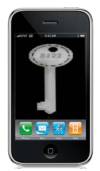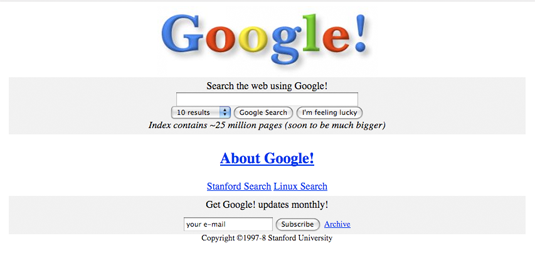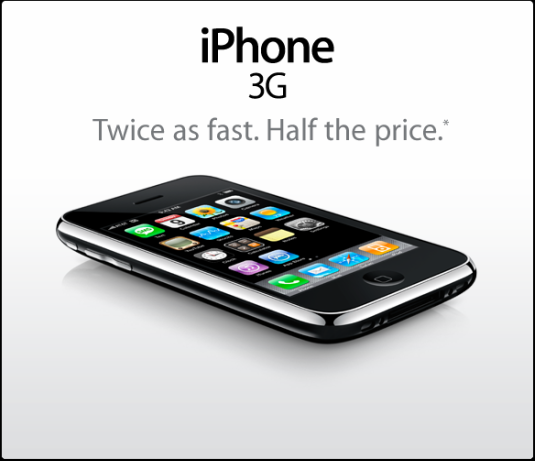If you’re a Zune user and have any music you want to buy, better grab it over the weekend. A short mail sent by the Zune team to Zune users appeared just moments ago in my inbox:
The Zune service will be down for scheduled maintenance on Monday, September 29, 2008 from 12:01am Pacific Time, for up to 48 hours. During the downtime, Zune Social, the forums on Zune.net, and all of Zune Marketplace will be offline.
I’ve been busy looking around for some type of explanation as to why a two-day downtime would be needed. Zune team blogger Cesar Menedez is unusually silent as to a reason why Microsoft is deciding to do this, and the cadre of Zune enthusiast blogs don’t seem to be offering much either.
Don’t be surprised if this is just truly scheduled maintenance–after all, a few have complained of persistent bugs within the Zune service that have been there since the beginning. Microsoft may be taking the opportunity to address these issues. But there’s always the possibility that the Zune team will spring something on us.
So here’s what I’m hearing. Reliable sources are telling me that the “48 hour” figure really is more of a buffer in case something goes wrong, and in all likelihood the downtime would last less than a day. When it comes back, the end user is not going to notice any changes, but this is for a reason.
The changes appear to be all in the Zune service’s back end, save for a few bug fixes. Several of the sources described the back end changes to be “significant,” with some hinting that the update may have something to do with a future feature regarding video.
For whatever reason–likely because this is something Apple isn’t doing — I’m hitting a roadblock in getting more details on exactly what this feature may be. Apparently it’s out there and has been speculated on, so we’re busy searching as you read this for clues as to what it may be.
More on this story through the weekend as we learn more.
[UPDATE: We may have found the connection between the Xbox Live and Zune downtime that are happening concurrently. CNET’s Ina Fried talked with Zune chie Joe Belfiore two weeks ago. At the time, he said the capability to transfer videos from the Zune to the Xbox and vice versa wasn’t available now, but “we’re not really that far off technologically from being able to offer that feature.” It’s possible that this could be the new feature being talked about.
Then again, Apple is already doing this, going from iPod<–>AppleTV, so maybe this might not be it. But it’s probably as good of a lead as we have at the moment.]
 “iPhone 3G puchased at the Apple Online Store can be activated with any wireless carrier. Simply insert the SIM from your current phone into iPhone 3G and connect to iTunes 8 to complete activation.”
“iPhone 3G puchased at the Apple Online Store can be activated with any wireless carrier. Simply insert the SIM from your current phone into iPhone 3G and connect to iTunes 8 to complete activation.”
 [UPDATE: The survey is now closed. Thanks to the 2150+ people who participated–here are
[UPDATE: The survey is now closed. Thanks to the 2150+ people who participated–here are  I’m not sure why I’m taking this so seriously, but I’m relieved to see that Google has finally
I’m not sure why I’m taking this so seriously, but I’m relieved to see that Google has finally 


